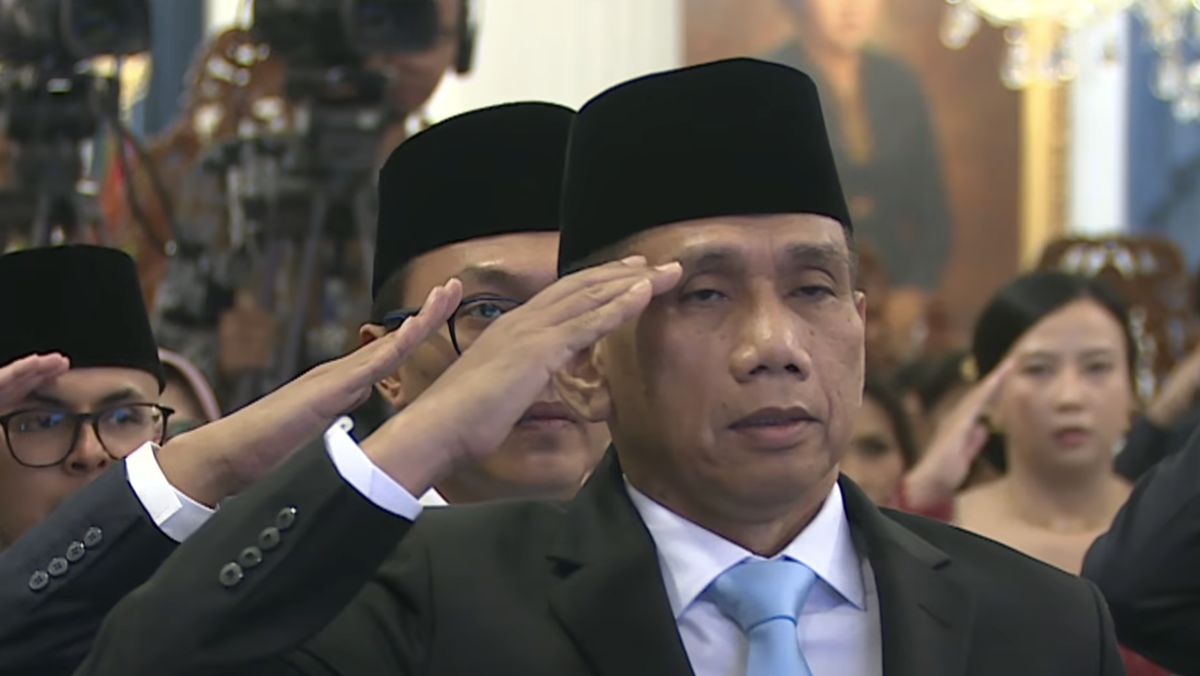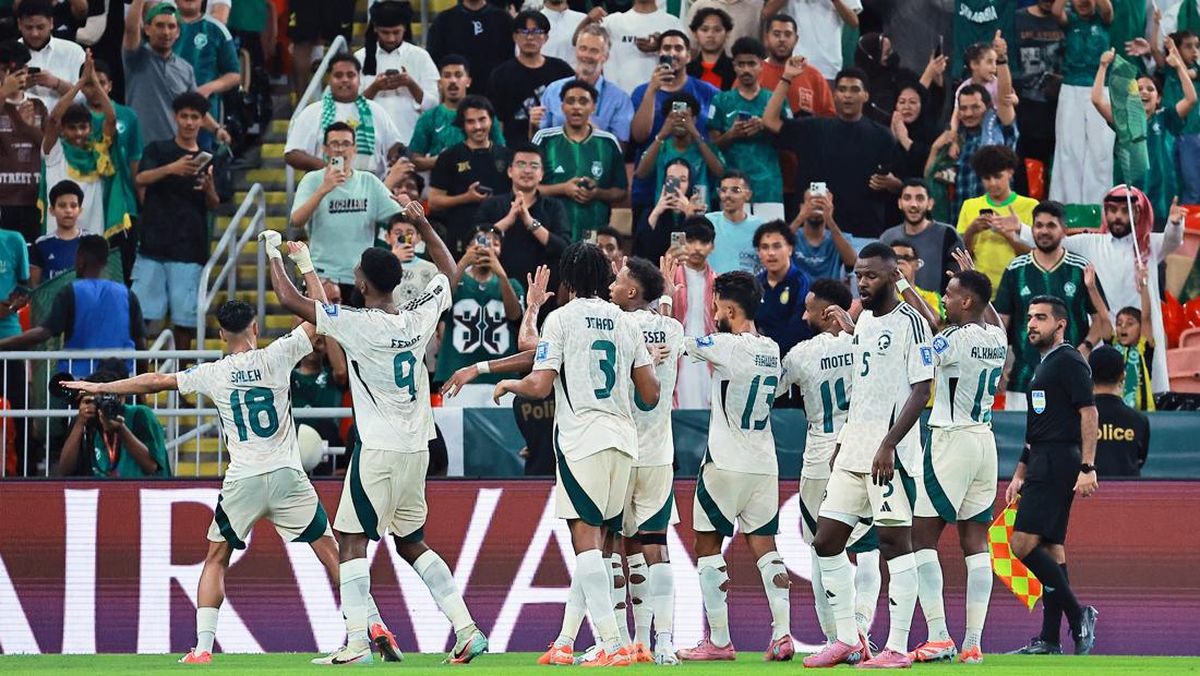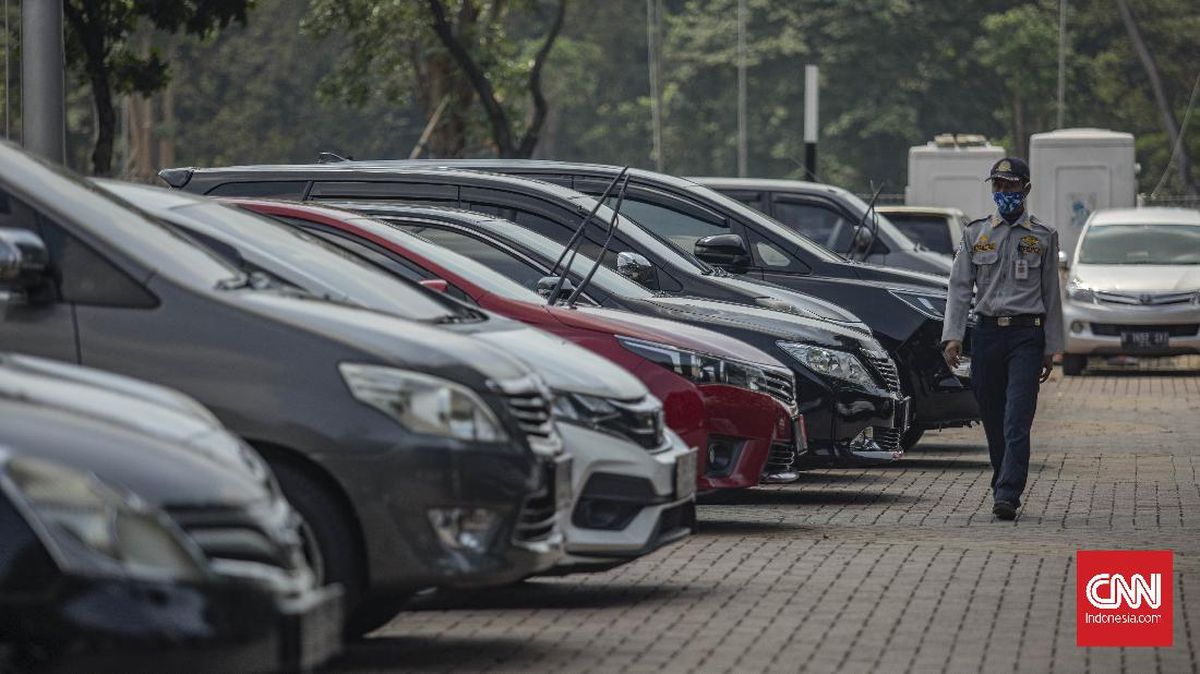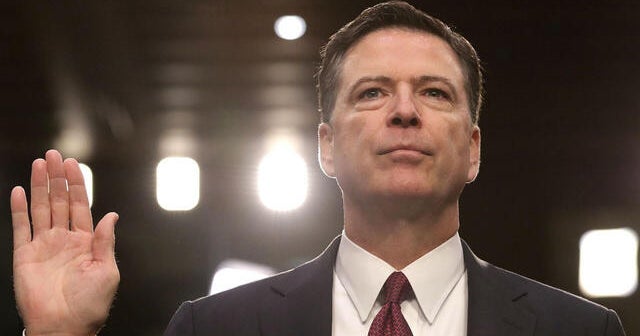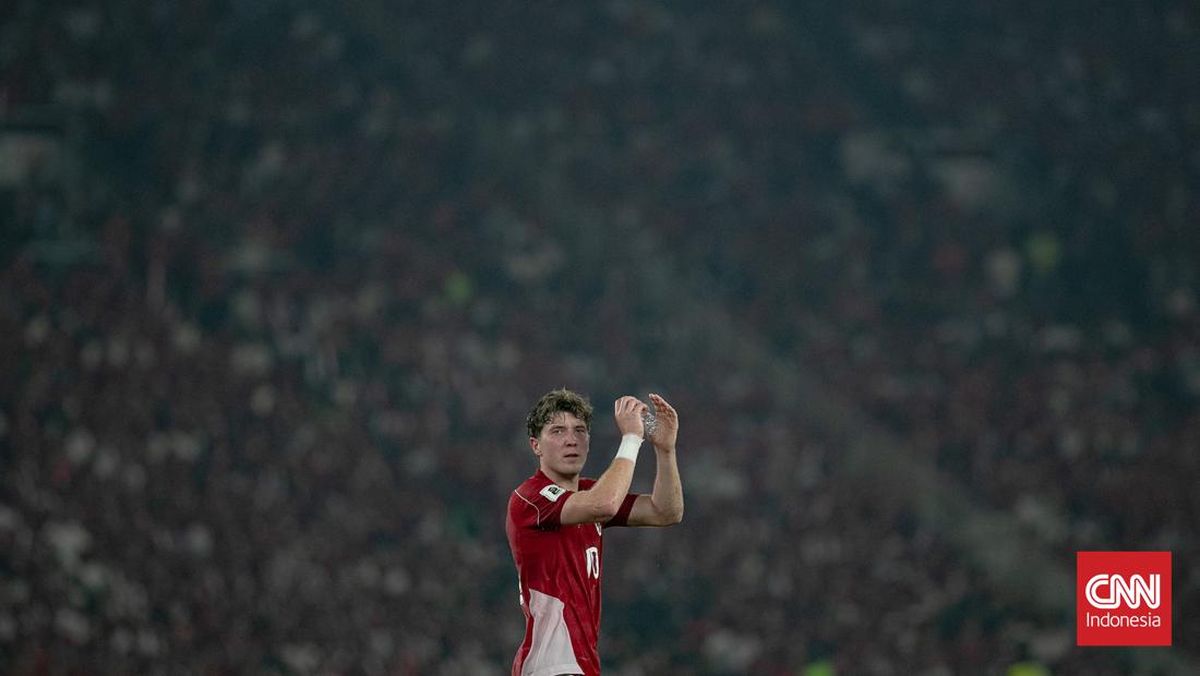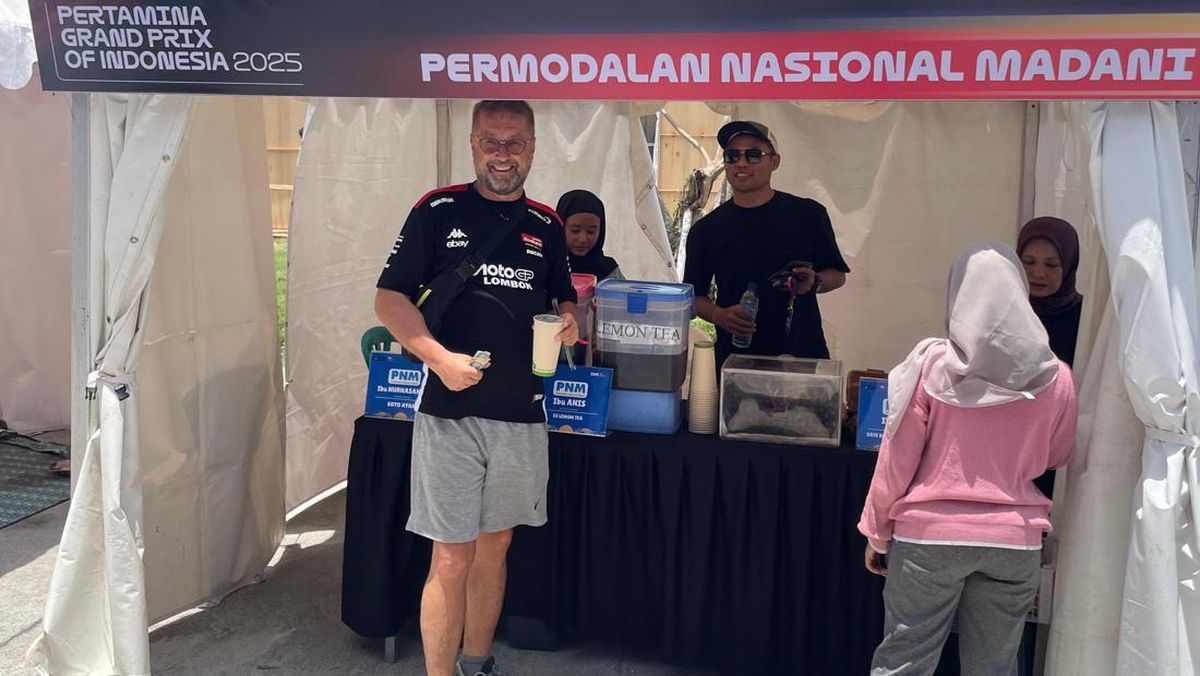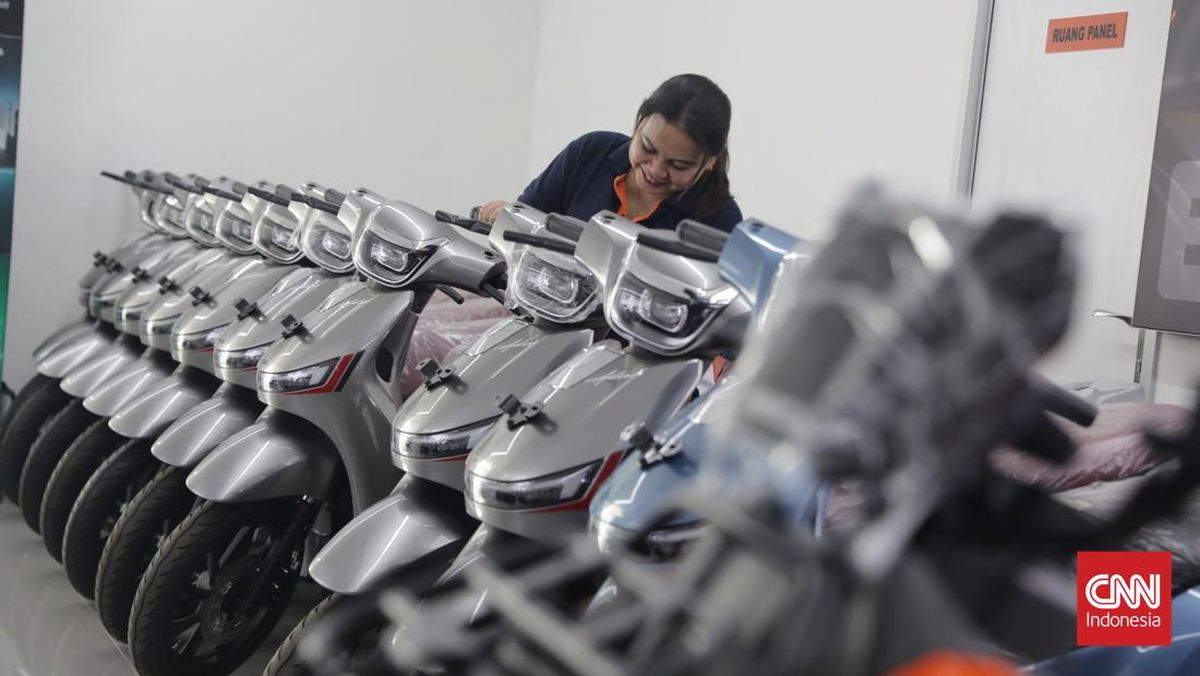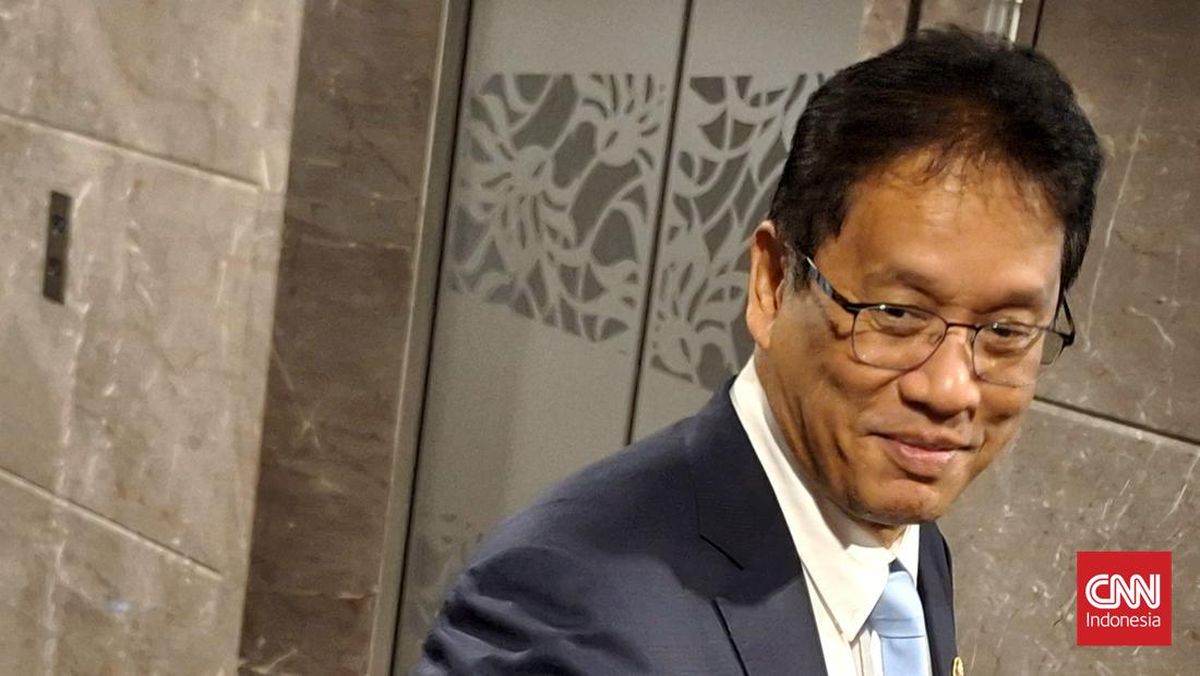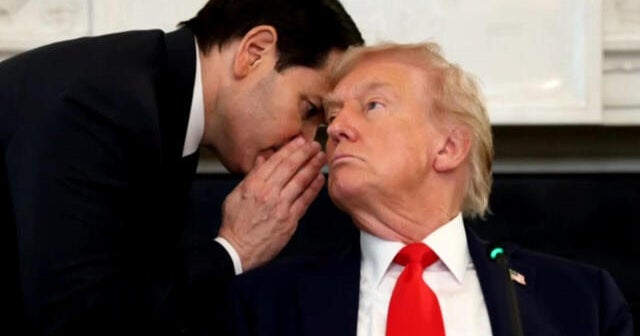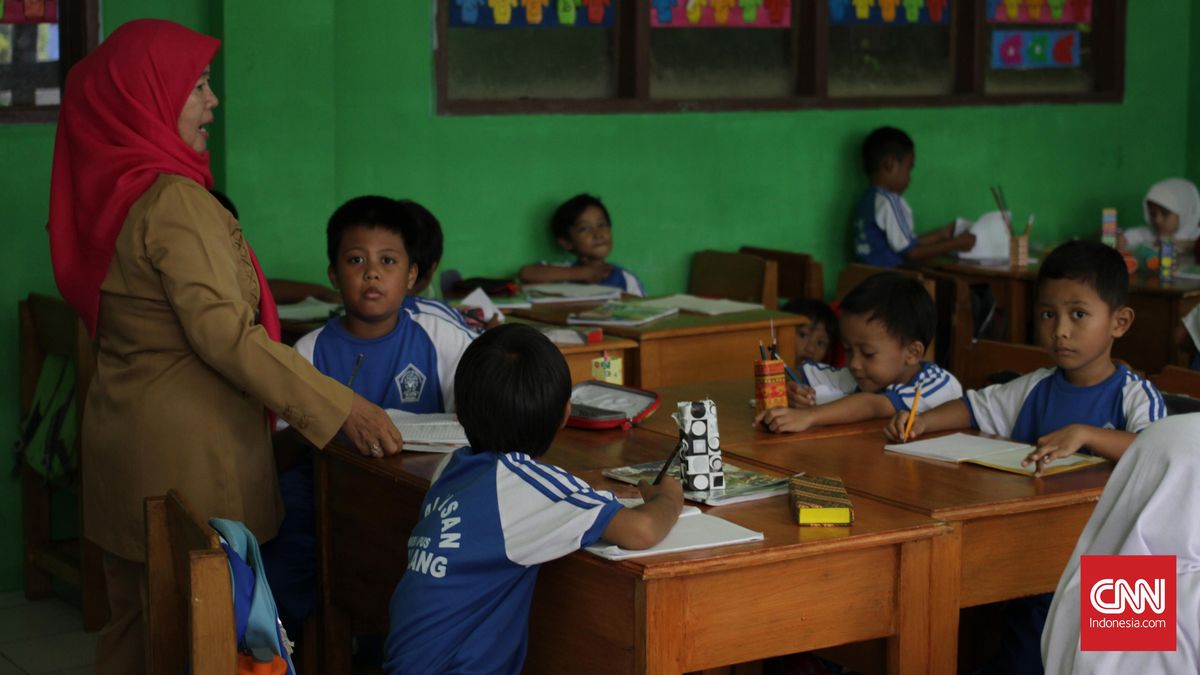Opinion
September 23, 2025 — 7.35pm
September 23, 2025 — 7.35pm
A couple of weeks ago, I spoke at a packed-out romance panel at my favourite Australian bookstore – Readings Hawthorn – with some authors I idolise. At the end, a woman came up to me beaming. She told me that her book club has read all four of my novels because, as she put it, “We’re a trashy book club; we only read trashy books.”
She meant it with pure affection. Her eyes lit up as she described the joy of gathering with friends to swoon over fictional boyfriends and debate tropes (enemies-to-lovers versus only-one-bed is always a point of contention). I laughed with her. Who wouldn’t want to be in a book club like that? I’ve called books trashy myself, and I meant it with love. Absolutely no shade on this glorious woman who has read all my novels. But as I walked away, that word clung to me uncomfortably.

Romance author Ali Berg is the co-author of four bestselling romantic comedies. Credit: The Age
Because here’s what we’re all actually calling literal garbage: the genre that outsells literary fiction by massive margins, explores consent and healthy relationships with more nuance than most “serious” books, and gives millions of readers stories about emotional intelligence, vulnerability and human connection.
Romance is the genre keeping bookshops alive. It’s the fastest-growing category in publishing, with US print romance sales up 24 per cent in the past year and more than 51 million copies sold. Colleen Hoover has sold upwards of 20 million books, Emily Henry is a household name and Ali Hazelwood has managed to put women in STEM at the very top of The New York Times bestseller list.
Here in Australia, the rise has been even more dramatic. Since 2019, romance sales have more than doubled. In 2024, readers snapped up 3 million romance novels worth $46.4 million, with the category growing nearly 50 per cent year on year.
Loading
Festivals and bookshops are giving romance the spotlight like never before. That’s how I ended up on stage with four of the sharpest, funniest voices in Australian writing: my co-author Michelle Kalus, and fellow romance writers Jodi McAlister, Steph Vizard and Katharine Pollock. If you think romance is frivolous, try sitting in a room with women like them, or any of the romcom authors this country is lucky enough to claim. You’ll walk out with your brain buzzing, your heart cracked open and a new respect for a genre that often understands life, love and loss better than the “serious” shelves ever have.
But it’s not just romance authors who deserve this respect. It’s the community of readers. Romance fans aren’t passive. They post tear-streaked BookTok reviews, forge friendships online, run amazing book clubs (like that so-called “trashy” one I still genuinely wish I could join) and even craft jewellery inspired by their favourite stories. They defend characters like family and barrack for book-to-film adaptations the way people do at an AFL grand final. When was the last time literary fiction inspired that kind of devotion? It’s that loyalty, I’d argue, that has propelled the genre’s transformation.
At the panel, my co-panellist Katharine asked whether we think romcoms (romantic comedies) are fundamentally the same or if they’ve radically evolved. The answer, I think, is both. Critics have long noted that the bones of the genre – the meet-cute, the conflict, the resolution – are timeless. But the flesh is new. In the 1980s and ’90s, a Mills & Boon alpha male dismissing your career ambitions while insisting he knew best was peak romantic fantasy. By the 2000s, a brooding hero sneaking into your bedroom to watch you sleep (hi, Twilight) was packaged as swoon-worthy.
Loading
In 2025, it looks very different: think Bridgerton’s focus on female desire, or The Idea of You putting a 40-year-old single mum at the centre of a love story. Today’s romances model consent, communication and respect, the very qualities our culture still struggles to get right.
This evolution makes the whole “guilty pleasure” thing feel wildly outdated. That label carries shame, like what we love isn’t worthy of attention. In a world drowning in political chaos and endless bad news, romance gives us something rare: stories where problems are solvable, where communication actually works and where love conquers all through the everyday acts of care that make a life.
So maybe it’s time we stopped asking why romance gets dismissed, and start asking why we’re so afraid to take love seriously. Because in a genre this big, this influential and this emotionally vital, the only trashy thing is how little credit we give it.
Ali Berg is the co-author of four bestselling romantic comedies with best friend Michelle Kalus, including Love Overdue (Allen & Unwin), and the co-founder of the community reading initiative Books on the Rail.
Most Viewed in Culture
Loading

